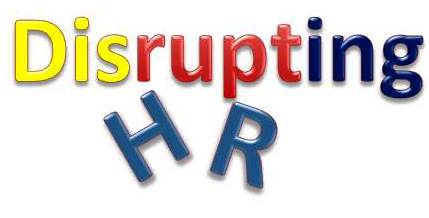The huge wave of technology has washed away many conventional HR practices as it continues to transform the way HR functions.
‘With great power comes great responsibility’, says Uncle Ben in the famous Spiderman movie. In the world of HR, it fits well in the context of the rapid, empowering digital transformation that is taking HR professionals on a ride. However, this empowering transition calls for certain new skills and capabilities in HR leaders to ensure that digitisation really benefits the organisation.
That said, the huge wave of technology has washed away many conventional HR practices as it continues to transform the way HR functions. Organisations are increasingly adopting technology- enabled solutions to empower employees and businesses. However, buying technology alone is not enough. HR needs to understand that from an employee’s perspective, it is only a wholesome experience that counts, which HR needs to create through a smart blend of technology and human intervention.

This means that HR professionals of the day need to have an in-depth understanding of how to utilise technology to create an efficient and enabling environment for employees and the organisation to grow. Ruchira Bhardwaja, CHRO, Future Generali India Life Insurance says in this regard, “The fundamental difference between organisations, which will move ahead and the laggards will be how the successful ones are able to recognise and/or hire people who have the capability to maximise the potential impact of new digital technologies.”
Another reason why it’s crucial for HR leaders to have a thorough understanding of the disruptions is because HR needs to be able to scrutinise and choose from amongst a host of solutions available to them. Technology does make things easy but choosing the right technology for an organisation may not be so easy.
Mangesh Bhide, technology HR head, Reliance Jio Infocomm says, “Most administrative tasks of HR including onboarding, induction and managing on-job trainings, etc. have been taken over by technology. However, the systems are still not so intuitive.”

Having said that, “Even if there are really intelligent tools available out there for taking up some of the subjective intuitive tasks of HR, getting a seamless integration of these solutions with the existing platforms is another huge challenge,” he adds. Again, this is where HR needs to identify flexible solutions that suit their needs and ensure smooth transition to a new empowering tool. Rapid developments in HR technology are pushing HR professionals to delve deeper into its implications. As Bhide puts it, “Rhetoric and actual implementation are two different things in HR technology.”
A digitally-driven work culture definitely has multiple benefits, such as increased transparency, scope for proactive measures for risk aversion and enhanced real-time engagement with employees. But to make these things possible and implement a real digital framework at an organisational level, HR needs to be able to communicate the need and benefits of the same. Bhardwaja says, “Digitalness is not just about reaching out to the audience but understanding how we can make our voice be heard and thoughts be understood by the intended target audience every time.”
Last but not the least, digital transformation in its true sense can’t be accomplished with functions in silos. Real transformation, as mentioned earlier, will happen only when employees experience a holistic change and a collaborative environment where everything is interconnected for ease of access and consumption. As Bhardwaja puts it, “Transformation will be complete when HR is digitally connected and is in touch as well!”
((This article has been published in association with “SumTotal, a Skillsoft Company”. Watch this to learn how to drive greater impact with your HR technology through context.)



